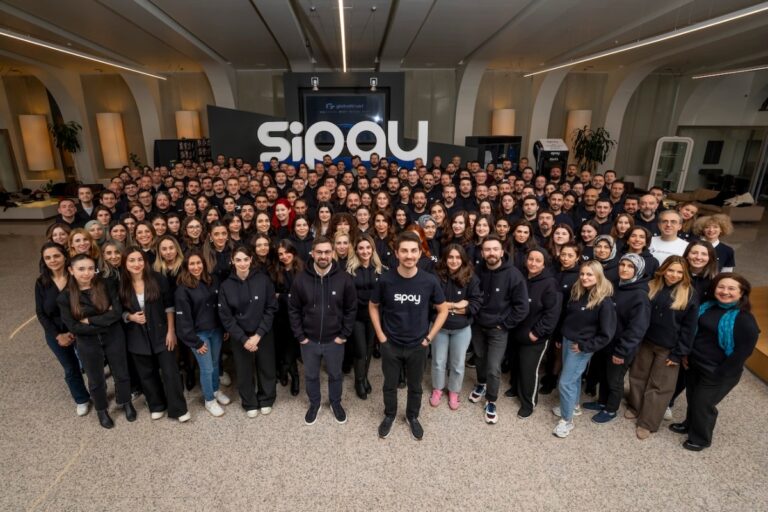Meta Halts Book Licensing for AI Training: Key Insights from Recent Court Filings
Recent developments in the ongoing AI copyright case against Meta have shed light on the company’s struggles in securing licensing deals with book publishers. These issues have emerged amidst a backdrop of increasing scrutiny over the use of copyrighted materials for training generative AI models.
Background on the Kadrey v. Meta Case
The court filings are part of the case Kadrey v. Meta Platforms, which is one of several legal disputes arising in the U.S. that pit AI companies against authors and intellectual property holders. The central contention revolves around whether AI companies can claim “fair use” when training their models on copyrighted content. Copyright holders, however, strongly contest this assertion.
Meta’s Licensing Efforts Paused
New evidence submitted to the court indicates that Meta has temporarily halted its attempts to negotiate licensing agreements for AI training data from book publishers. This pause occurred in early April 2023 due to various logistical challenges. According to Sy Choudhury, the head of Meta’s AI partnership initiatives, the company faced:
- Slow engagement from publishers
- Issues with rights held by fiction publishers
- Difficulty in establishing contacts with potential partners
Challenges Raised by Meta Employees
During a deposition, Choudhury revealed that many publishers he approached lacked the necessary rights to license their content for AI training. He stated, “Most of the publishers we were talking to represented that they did not have the rights to license the data to us.” This revelation has significant implications for Meta’s ability to source training materials legally.
Previous Licensing Attempts and Outcomes
Choudhury also noted that Meta had previously suspended licensing efforts related to 3D worlds for AI research due to similar challenges with engagement from game manufacturers. He emphasized the company’s decision to build its own solutions when faced with too little interest from potential licensors.
Allegations Against Meta
The plaintiffs, which include renowned authors such as Sarah Silverman and Ta-Nehisi Coates, have made serious allegations against Meta in their amended complaint. Key points include:
- Meta allegedly cross-referenced pirated books with those available for licensing.
- Claims that Meta utilized “shadow libraries” containing pirated e-books for training its AI models, including the Llama series.
- Accusations that Meta may have employed torrenting methods to acquire these libraries, which the plaintiffs argue constitutes copyright infringement.
Conclusion
The ongoing legal battles surrounding AI and copyright rights are prompting significant discussions about the ethical use of data in AI training. As more cases unfold, they will undoubtedly shape the future landscape of AI development and intellectual property law. For further insights, visit our AI copyright issues page for more information.







